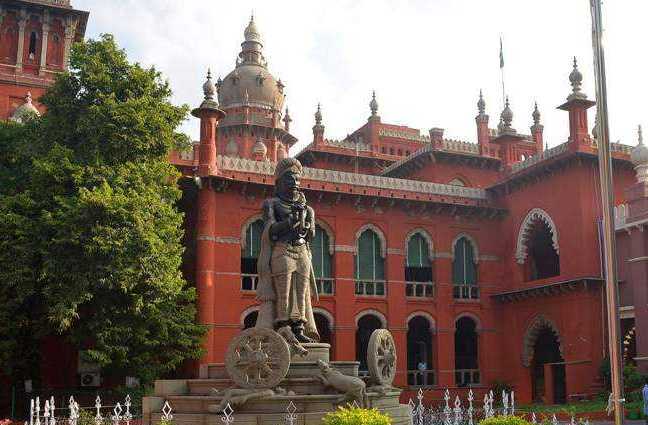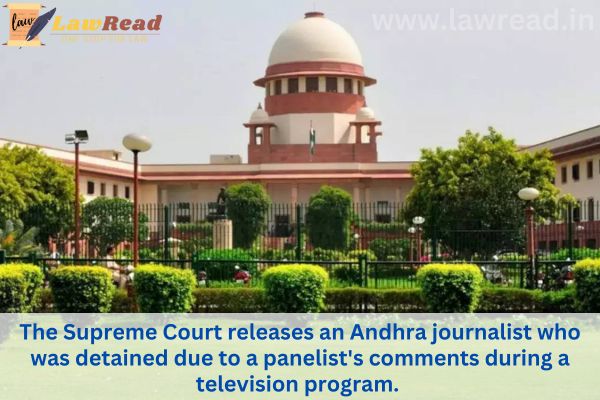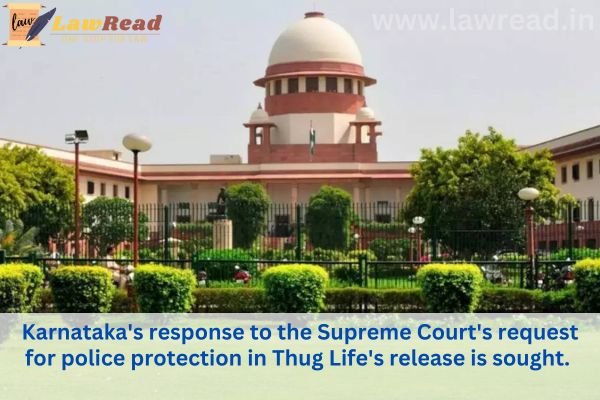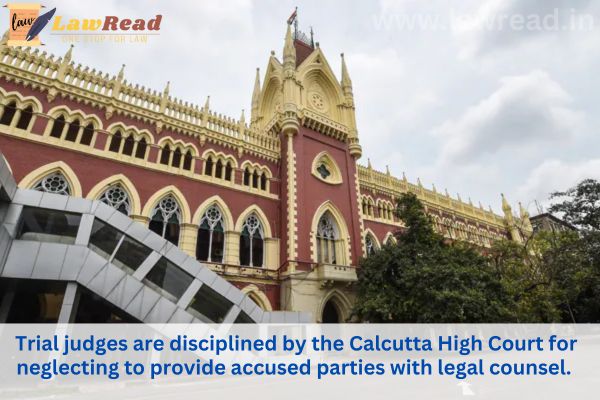News
The Supreme Court has ruled that railways can impose penalties for misdeclared goods, even post-delivery.
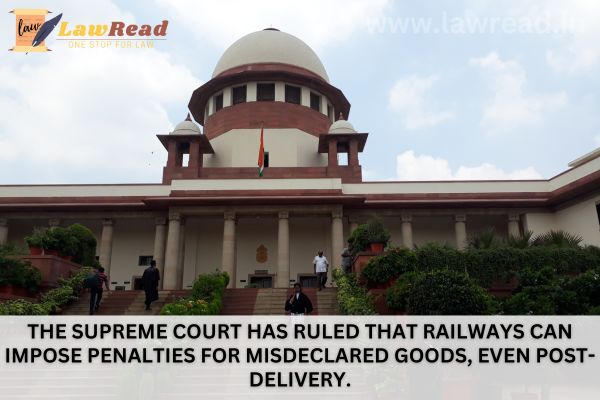
The Court has ruled that the Railways is permitted to gather the appropriate fees for such consignments prior to or even subsequent to the delivery of the goods.
In a recent ruling, the Supreme Court clarified the scope of Section 66(4) of the Railways Act, 1989, which allows the Railways to impose penalties for false declarations in consignments of goods sent via Indian railways [Union of India v. M/s Kamakhya Transport Pvt. Ltd. Etc. Etc.].
The Court has ruled that the Railways is permitted to gather the appropriate fees for such consignments prior to or even subsequent to the delivery of the goods.
A Bench comprising Justice Sanjay Karol and Justice Prashant Kumar Mishra noted that Section 66(4) does not clarify if charges should be imposed before or after delivery, suggesting that the legislation intends to allow for recovery at either point.
From the above, it is evident that a consignee/owner of goods/person in charge of goods who has brought them for carriage must provide the Railway authorities with a written statement describing the goods, so they can apply the correct carriage rate. According to sub-section (4), if the statement is determined to be materially false, the Railway authority has the power to charge the goods at the necessary rate. The stage at which such a charge can be made, whether before or after delivery, is not referenced. As a result, it is evident that the legislative intent must have been to allow charges to be levied under this Section at either stage, rather than at just one specific stage," the Court stated.
The Court was examining a series of appeals submitted by the Central government in response to a 2021 decision by the Gauhati High Court. This decision stated that railway authorities cannot recover charges for misdeclared goods after these goods have been delivered.
The disagreement arose from demand notices sent by the Railways in 2011 and 2012 to Kamakhya Transport Pvt. Ltd. and others (respondents), claiming that they had made misdeclarations concerning consignments booked via Indian Railways.
Having paid the amounts under protest, the respondents later sought a refund from the Railway Claims Tribunal, arguing that charges under Section 66 (4) of the Railways Act could not be imposed after delivery.
The Tribunal agreed with this argument, relying on the Gauhati High Court’s previous decision in Union of India v. Megha Technical & Engineers Pvt. Ltd., and determined that pursuant to Sections 73 and 74 of the Act, punitive charges must be imposed before delivery.
This perspective was confirmed by the High Court, which referenced the case of Jagjit Cotton Textile Mills v. Chief Commercial Superintendent NR. In that case, it was determined that the Railway authorities must impose punitive charges prior to the delivery of goods.
The Supreme Court, in disagreement with the High Court’s interpretation, clarified that Section 66, which specifically addresses misdeclaration, does not impose any limitations on when the correct charges for misdeclared consignments can be collected.
Additionally, the Court differentiated this case from those covered by Sections 73 and 78 of the Railways Act. The Railways are permitted to reclaim extra charges based on these stipulations if an individual places goods in a wagon that exceeds its allowable carrying capacity. These provisions make it explicit that the Railways must impose the additional charges prior to delivery of the goods.
Section 66, by contrast, functions autonomously and permits the Railways to levy charges for materially false declarations, even post-delivery of goods, as determined by the Court.
The Court dismissed the respondents' assertion that the demand notices were not genuine, noting that no evidence had been presented to challenge their authenticity.
The Supreme Court, permitting the appeals, ruled that the Railway authorities operated within their authority as per Section 66(4) and reinstated the demand notices.
As a result, the orders issued by the Railway Claims Tribunal and Gauhati High Court were annulled.
The appellants (Union of India) were represented by Additional Solicitor General KM Nataraj and Advocates Ameyavikrama Thanvi, Vatsal Joshi, BK Satija, Chinmayee Chandra, Gaurang Bhushan, Amrish Kumar, and Sudarshan Lamba.

